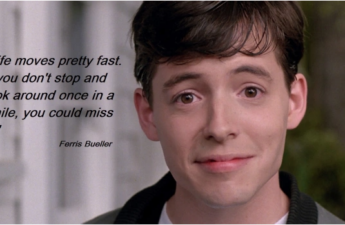On May 11, University of California, San Diego (UCSD) Chancellor Pradeep Kholsa initiated the inaugural round of voluntary testing of the 5000 residents who chose to continue living in the residence halls scattered around the La Jolla, CA campus, since the closure of campus in mid-March. Students are live test subjects, participating in a trial of mass testing, so that the community transmission of COVID-19 can be monitored.
The only university in the U.S. to pioneer mass testing, Chancellor Khosla seeks to understand if the test protocol is effective. If so, he hopes to reopen UCSD’s campus, while implementing the mass testing protocol in the fall as a safeguard, regularly monitoring the transmission and any outbreak of the virus, so that students and faculty can safely return to campus.
If the program works, UCSD officials plan to test roughly 65,000 students, faculty and staff on a monthly basis.
San Diego Union Tribune, May 5, 2020
Yet, neither the local San Diego press nor the official announcement from Chancellor Khosla mentions the potential emotional strain on students as the subject themselves to regular testing, nor any plans to assist students with potential emotional stresses.
What support will be available for students nervous about a positive result from the COVID-19 nasal swab, so may be reluctant to take a test? These are young college students, who although intellectually understand the community benefit of regular testing, they are also still emotionally maturing, with leftover teenage-like thinking that avoiding potential unpleasant news is preferable to knowing unpleasant news.
Thus, how will UCSD officials and staff support those who’ve been in recent contact with the infected student to allay any fears or concerns for their and their friend’s well-being, should a friend be identified as having COVID-19?
With growing anxiety about contracting COVID-19, will there be a “community pressure”, like a pseudo-Red Scare tactic, of who’s “volunteering” for the testing or not? One client discussed her reticence to disclose that she and her family are recently recovered from COVID-19, fearing discrimination or ostraticization. Will UCSD college students experience the same concerns?
While Chancellor Khosla intends to protect the UCSD community, reassuring students and their parents, faculty and staff that everyone will be safe, he would be prudent to monitor the effects of mass testing on the psychology of the students and community culture during these Spring tests. Then he can successfully adjust, if needed, the implementation of mass testing this fall, safeguard the UCSD community from further outbreaks, where everyone can reduce their anxieties about COVID 19 so everyone can once again learn together in La Jolla.
For 17 years, Jill Yoshikawa, EdM has advised thousands of families as they make complicated educational decisions. She can be contacted at [email protected].



